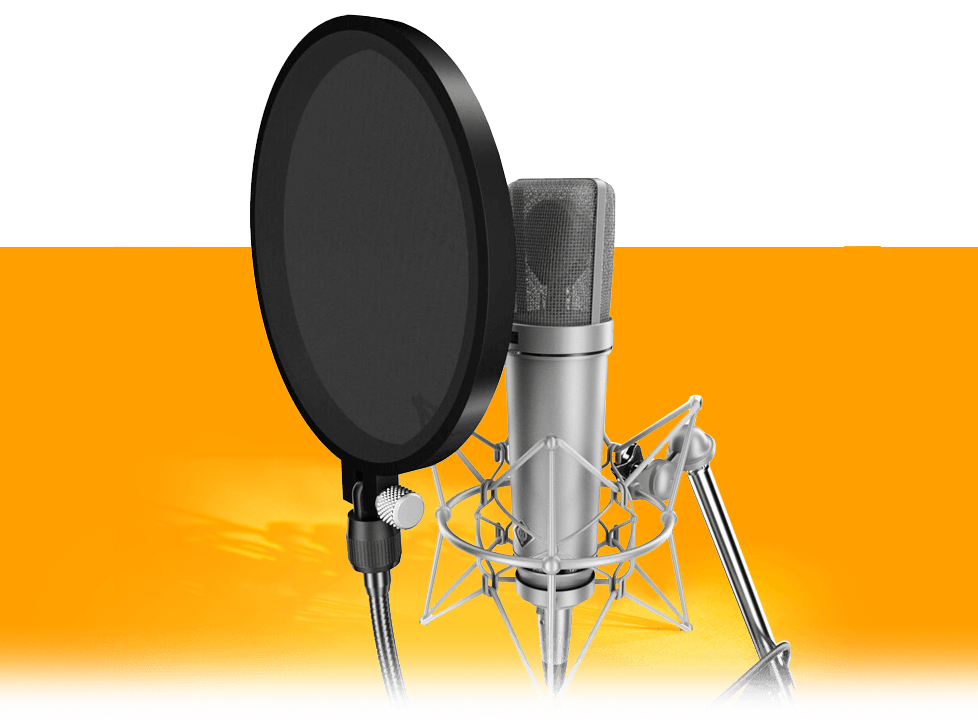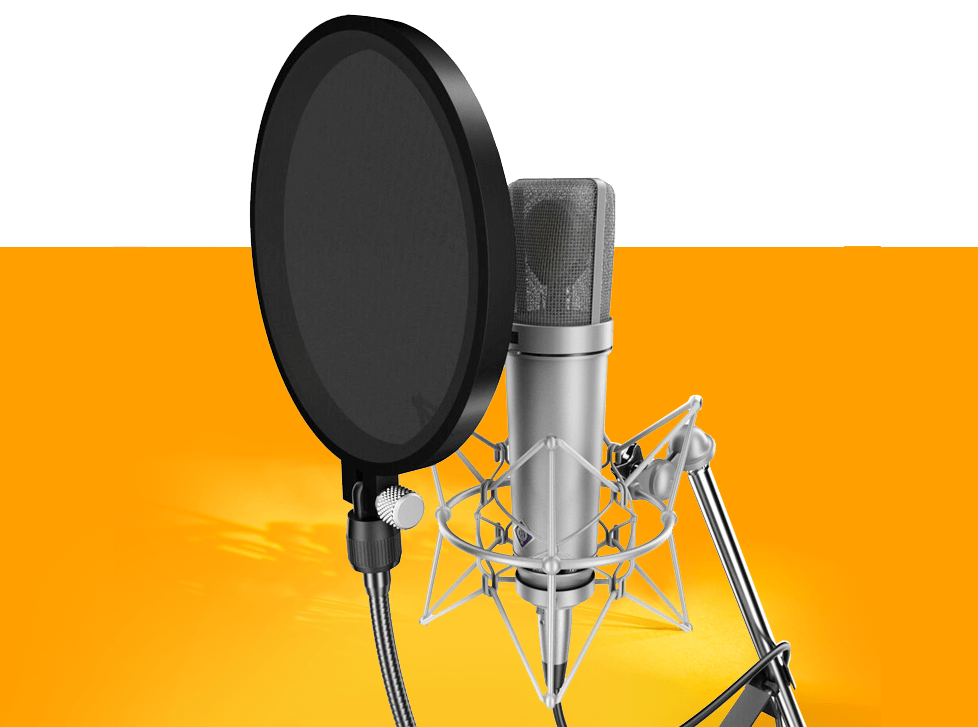Music & Sound Engineering 101: Getting Started with Audio
Jeremy Alves | December 22, 2022
Sound engineers play a vital role in audio recording, music production, post production and live performances. Engineers take on the technical aspects of the entire process, including a practical understanding of the physics of sound.
Anyone interested in diving deep into the technical aspects of the world of audio should consider pursuing a career as an audio engineer. While many prefer music production, others might be more intrigued by engineers' fine-tuned, detail-oriented role.
How can you get started with sound engineering? You’ll need some equipment, experience, training from audio engineer schools, and an interest in the more technical components of the audio industry. Keep reading to learn how to get started on your own and grow your passion into your new career.
What is Sound Engineering?
Sound engineering is the study and practice of leveraging available technology and understanding the physics of sound to record, process, and optimize sounds to benefit the project's final result.
A sound engineer college education will include an in-depth study of physics and technology, as both are essential to your future career. Fortunately, you can get started on your own before enrolling in an audio or music engineer course to determine if it’s the right path for you.
Let’s briefly dissect the different types of engineers and compare this career to the often-confused path of music production.
Music vs. Sound vs. Audio Engineering
There are several types of engineers related to the world of sound. You’ll see the following three terms often used interchangeably. The core skills of these engineers are similar; the difference is how their skills are applied. The standard engineering job titles are:
- Sound engineers: Sound engineer is arguably the broadest job title for an engineer working in sound. You might set up a sound system for a live performance, set up microphones, or record sounds from unique locations. However, this title can also be applied to the more specific audio and music engineering titles.
- Audio engineers: You’ll typically see audio and sound engineers as interchangeable terms. In most cases, there isn’t a notable distinction, and it’s more about how the company or job posting describes the role. However, audio engineers often focus more on the recording aspects of audio rather than sound overall.
- Music engineers: Music engineering explicitly focuses on the musical applications of the engineer's skill set. You’ll pick the right equipment, set up microphones for optimum recording quality, and calibrate all related hardware and software for the best possible result.
Audio Engineering vs. Music Production
There is plenty of overlap between audio engineering and music production, and for small-budget projects, one person might take on both roles. However, in most cases, they are distinctly different roles.
Audio engineers typically focus on the in-depth details of recording audio from vocalists or bands, alongside configuring mixing consoles and other equipment as necessary. In addition, audio engineering programs hone in on sound physics and detailed technical training rather than diving into creating an entire track from scratch.
Music production focuses on the big picture of the final product. For example, a producer will work with the engineer and use recorded audio to compose a track. Additionally, the audio engineer will often handle mixing and mastering to fine-tune the music producer’s work before it’s finalized.
Which role sounds more appealing, the big picture or the technical aspects? If audio engineering sounds intriguing, let’s explore how you get started with the basics.
Getting Started with Audio Engineering
You don’t necessarily need to enroll in a school of audio engineering to get a feel for the basics of the career path. However, you’ll find a formal education in the field will help your career, but you can get started before applying to audio engineering colleges.
Learn Core Sound Terms
One of the first things you’ll learn in music or live sound engineering courses is a few basic terms. We won’t go over an entire glossary, but it’s worth touching on important terms before going further.
- Frequency: The frequency of a sound wave is measured in hertz, with the bass having a lower frequency and higher-pitched sounds having a higher frequency. Recording, mixing, and mastering each involve understanding and blending varying frequencies of sounds, so they’re complementary.
- Pitch: Frequency is the technical measurement of a sound wave, while pitch is an overall description of the musical value of said frequency. Pitches typically need to match within a given musical key and scale to sound pleasing; otherwise, they can be harsh.
- Amplitude: You can think of amplitude simply as volume described in decibels. There are technical differences, but for now, consider amplitude as a foundational part of mixing a track, so certain sounds do not overpower others.
Explore The Basics of Music Production
We talked about how music production and engineering are different, but most engineers will still want a foundation knowledge of production. Additionally, learning to use a Digital Audio Workstation (DAW) is typically more cost-effective than buying a slew of expensive equipment.
What DAW should you explore? It’s a heated debate, but we believe Ableton Live or Pro Tools are ideal for sound engineers to learn. Both DAWs are found throughout audio engineering, whereas others are typically more focused on music production. Our music engineering programs focus on these two DAWs as a result.
Additionally, it’s worth investing in some equipment as you begin:
- Studio headphones: Headphones explicitly engineered for music production and engineering. They’ll output the authentic sound of your project, especially when combined with an audio interface.
- Audio interface: An audio interface is a USB device that processes audio input and output, bypassing the simple audio processing in your computer's motherboard.
- Studio monitors: Monitors are speakers designed for music production rather than standard listening.
You may need to upgrade or replace your computer. You’ll want a powerful CPU and high RAM machine for working with audio.
Music engineer programs emphasize this equipment and often provide hands-on labs to save you from the upfront investment. From there, you’ll explore the concepts of music production before getting more in-depth into the engineering side.
Gear Up and Start Recording
If you’re not ready to enroll in a sound engineering course, you’ll eventually want to start practicing with more gear and recording audio. Recording is an essential aspect of audio engineering but can be challenging at home. Sound engineering courses generally have learning studios with high-quality equipment and recording studios carefully constructed for optimal recording.
However, even if you aren’t recording high-quality audio ready for a professional track, learning to record and work with audio files is still valuable.
You’ll need the audio interface from earlier, along with the following:
- An XLR microphone
- A ‘pop’ screen filter to remove unwanted sounds, like exhales, to improve recording results
- Starting with basic absorption pads to dampen your home recording studio
- (Optional) A soundboard, also known as a mixing board, to experiment with and learn how it affects recordings
- If you’re looking to create your own studio here’s the complete guide to Building Your Own Studio
Once set up, record yourself talking or singing and explore how to improve the recording within your DAW.
Find Opportunities for Hands-On Experience
We can’t overstate the importance of hands-on experience in building a career in audio engineering. Any industry experience helps you learn more and build your resume, whether it's internships or even entry-level sound technical jobs. The closer you can get to working audio engineers, the better.
Don’t worry about getting paid much, or even at all, initially. Learning from an engineer and interacting with professional-grade gear will help you grow your career in the long term.
Take Your Education Further
There’s plenty of debate in audio engineering about whether you need formal education and training. Some aspiring engineers who are self-motivated, do well learning on their own, and don’t mind working for free might find success without formal training.
However, taking an audio or
music engineering course will jump-start your career by teaching you the technical skills you need to begin your career. You’ll have hands-on labs with professional gear, learn from experienced engineers, and have recognized credentials to help land your first job.
Enroll in Sound Engineering Programs with OIART
Formalized training from sound engineering programs will help you land a paying job in engineering much faster than learning on your own. You’ll quickly acquire practical skills to help you get into the industry, and you’ll have credentials to show potential employers to give them confidence in your training.
The Ontario Institute of Audio Recording Technology (OIART) is an industry-recognized institution that provides practical yet detailed training for students pursuing music production and sound engineering careers. Ready to discover why we have one of the highest job placement rates in the industry?
Apply today to start your new career.
Ready to Start?
OIART's Audio Program Includes:
✓ Small Class Sizes
✓ On Site Facilities
✓ Industry Leading Instructors
✓ Post Grad Support & Guidance
✓ Exclusive 11 Month Program
Top Reasons Why You Should Choose OIART.
Have Questions?
If you have questions about our audio engineering and music production program or would like to book a tour, we would be pleased to speak with you.
Text Us: 519.200.4151
Share This With a Fellow Music Lover
Apply in 3 Steps!
Step 1: Click Apply Now to start.
Step 2: Answer questions about yourself.
Step 3: Submit and check your email.
Share this with fellow music lovers


